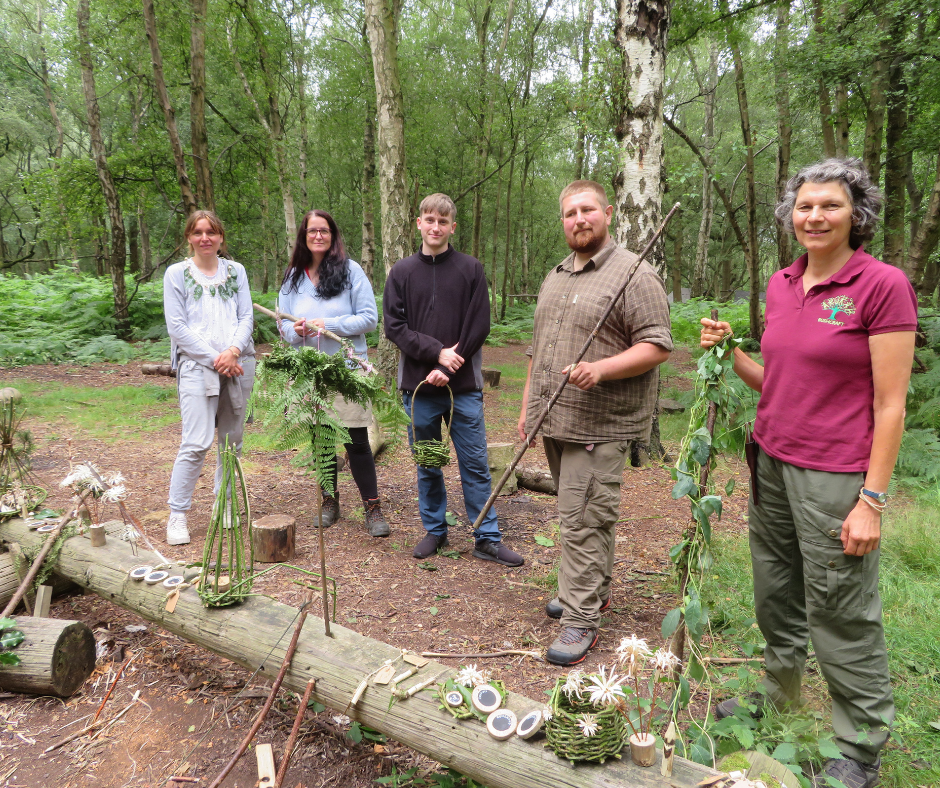
Using bushcraft techniques and engagement with nature to assist people in their personal development
Bushcraft Facilitators Course
Designed for counsellors, psychologists, life coaches and others in the helping professions who use or wish to utilize the outdoors as a development tool in their practice. This course will show you how to use bushcraft techniques and engagement with nature to assist people in their personal development across a range of areas including health and wellbeing, relationship and communication skills, approach to new challenges and much more.
It is for people who have either, attended one of our Bushcraft Competency Training courses, or hold the Bushcraft Competency Certificate.
We are excited about this new venture bringing Elizabeth Benstead from Arukah Bushcraft to join Dave Watson combining their individual expertise.
The course is done in 2 parts, the first is a four day course looking at recognized techniques in coaching, mentoring and development and using them within a framework of quality Bushcraft skills in order to inspire and encourage quality and meaningful reflection.
Students then spend time refining their skills and techniques as well as using them with their own clients.
Part 2 is a three or four-day course bringing together your experience with your clients as well as some refinements and assessments.
THIS COURSE IS PRESENTLY IN THE PROCESS OF BEING APPROVED THROUGH THE INSTITUTE FOR OUTDOOR LEARNING.
Costs
Part 1 £480
Part 2 £525
Elliot Webster, Assistant Clinical Psychologist
‘The course is effective in providing a range of different therapeutic insights, and also in providing realistic and functional activities that are grounded in bushcraft and psychological fundamentals. Moreover, the setting makes for an environment that is well catered to aid learning new skills and how these can be implemented in a variety of provisions. This, and also an environment where one can learn about themselves. Understanding our own strengths and weaknesses is key to such work being effective, and that is a matter which this course faces head-on. The people I met and the experiences I shared will no doubt have created a lasting impact on my work in this field going forward. This course is important.’